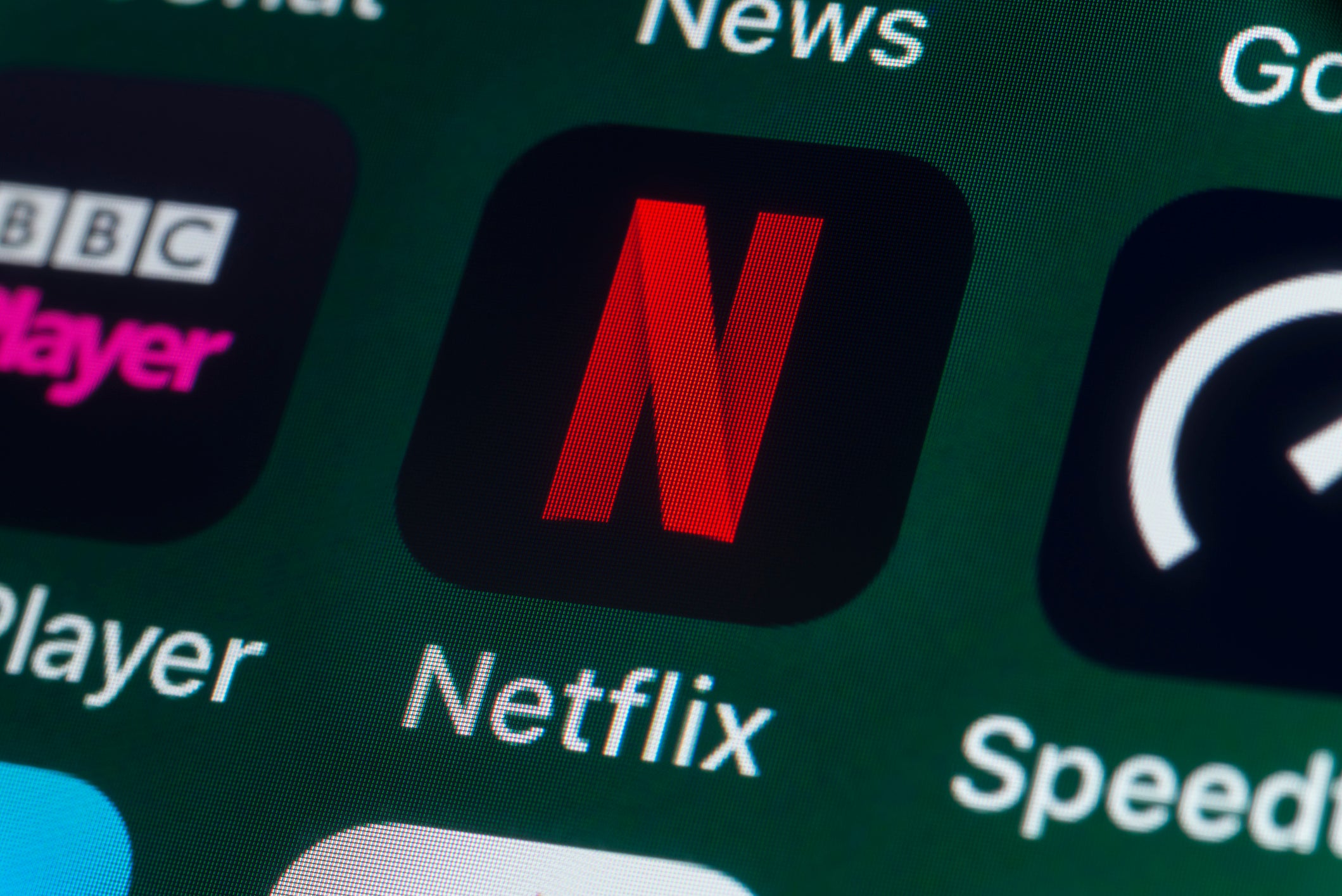Netflix password sharing crackdown: Why the streaming service wants to encourage people to have their own accounts – and how it might work

Your support helps us to tell the story
From reproductive rights to climate change to Big Tech, The Independent is on the ground when the story is developing. Whether it's investigating the financials of Elon Musk's pro-Trump PAC or producing our latest documentary, 'The A Word', which shines a light on the American women fighting for reproductive rights, we know how important it is to parse out the facts from the messaging.
At such a critical moment in US history, we need reporters on the ground. Your donation allows us to keep sending journalists to speak to both sides of the story.
The Independent is trusted by Americans across the entire political spectrum. And unlike many other quality news outlets, we choose not to lock Americans out of our reporting and analysis with paywalls. We believe quality journalism should be available to everyone, paid for by those who can afford it.
Your support makes all the difference.Netflix doesn’t want you to share passwords anymore.
The company that tweeted “love is sharing a password” in 2017 appears to have reversed course. Instead, it’s now looking for ways to stop having joint accounts, and instead get their own.
That’s at least according to new reports that the company is testing a new feature that will try and stop people from sharing passwords and encourage them to pay for extra subscriptions if they want to do so.
What is happening?
Netflix wants to make it harder for people to share accounts. (Or, it would say, it wants to make it easier for people to share accounts properly.)
That has been threatened for some time, and tests of features aimed at cracking down on password sharing have been happening for a year. But now they are rolling out more broadly, suggesting that Netflix has decided it will pursue the strategy.
At first, that means that it will be introducing two new features, specifically in Chile, Costa Rica, and Peru. In those countries, users will be prompted to add “sub accounts” for people they do not live with, as well as the option to transfer profiles to other people who might be the real account holder.
It will do that while also attempting to spot people who are sharing accounts, using a number of technologies such as IP address tracking and device IDs. When people are found to be sharing, they’ll be encouraged to sign up for one of those “sub accounts”.
The feature isn’t rolling out everywhere just yet. And Netflix was clear that it might never, saying it will be “working to understand the utility of these two features for members in these three countries before making changes anywhere else in the world”.
But it has prompted fears that a broader crackdown is coming.
Why is Netflix doing this?
It hasn’t said, exactly. But we can have a good guess.
In some cases, it might be genuinely benign. There are all sorts of situations where people might not be aware that others are using their Netflix accounts – from exes who held onto logins to passwords being sold online – and so those account’s owners might be grateful to be alerted to the fact they are being shared.
But the more obvious reason is that it will make it more likely that people will buy their own Netflix accounts, and so add to the number of users on the service. Netflix’s recent results have shown that subscriber growth is slowing down – and so it is probably looking for new ways to try and get new people online.
Netflix’s director of product innovation, Chengyi Long, said in an announcement that the feature was aimed at making it possible to share accounts “easily and securely”. But it also means that people will “pay a bit more”, she noted.
So is it wrong to share Netflix passwords?
It has always been against the terms of Netflix’s use. They specific that accounts “may not be shared with individuals beyond your household”, though it does not define exactly what it counts as a household.
But practically it has shown little interest in people who share passwords – and, as above, has even seemed to encourage it on its Twitter feeds. It has built features that seem to make it easier, such as the ability to have different profiles and stream more than one show or film at the same time, though has always stressed those are aimed at people who live together.
Netflix did admit that those features “have also created some confusion about when and how Netflix can be shared”.
Now, however, Netflix seems more concerned, and has been testing out ways to stop the sharing over the last year. It said in its announcement that sharing was “impacting our ability to invest in great new TV and films for our members”, suggesting that the problem is primarily financial.
How has it gone down?
Terribly. Reaction online has pointed out that this comes after a range of other controversial moves by Netflix, including the cancellation of popular shows and an increase in prices.
Join our commenting forum
Join thought-provoking conversations, follow other Independent readers and see their replies
Comments